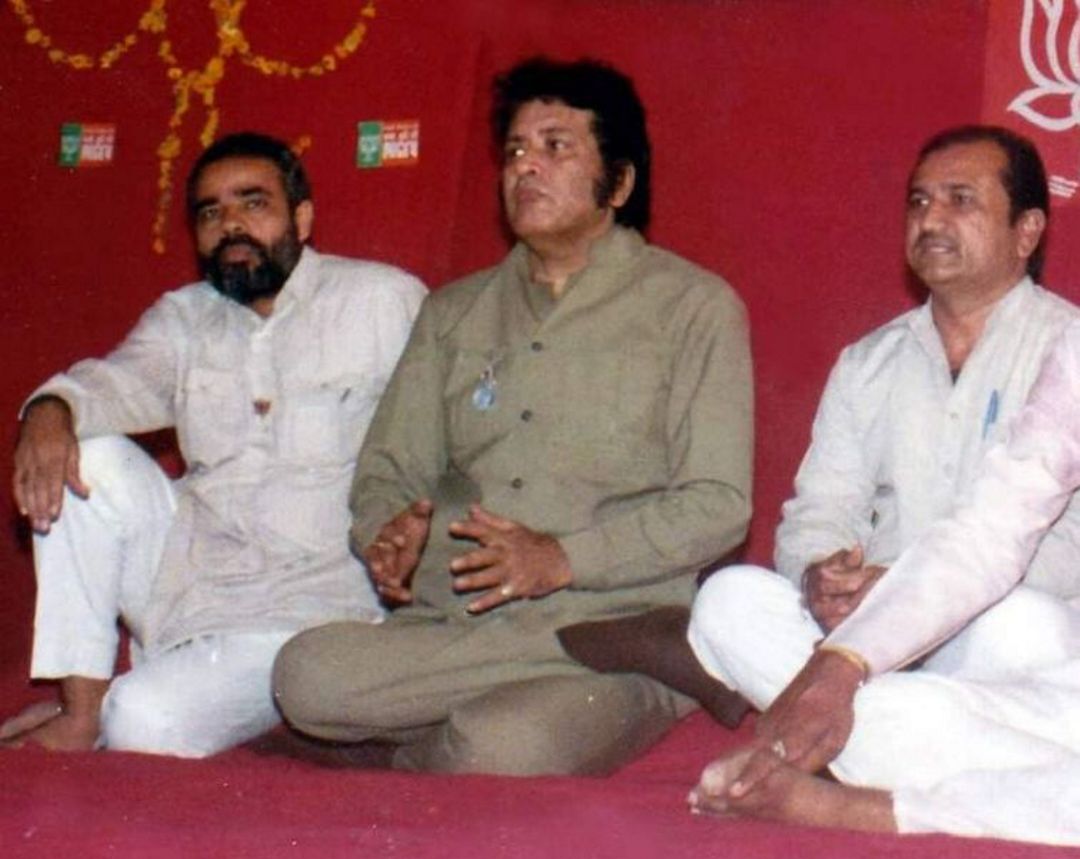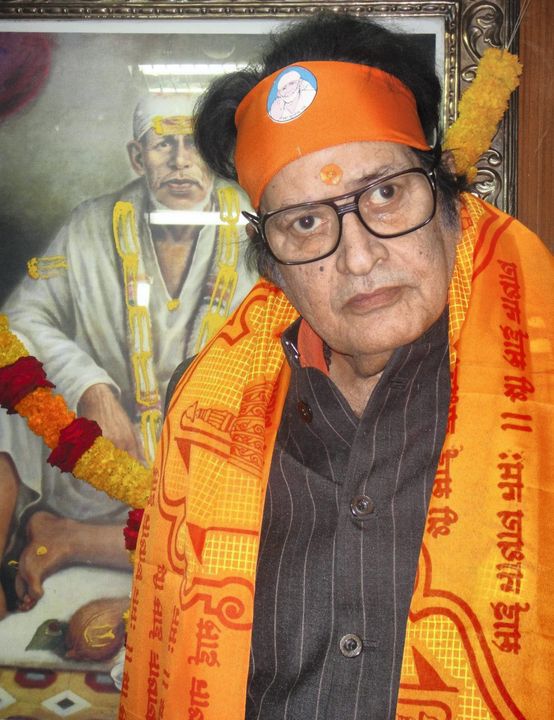
Mumbai, April 4 — Manoj Kumar, the legendary actor-director who immortalized patriotism on the silver screen, passed away in a Mumbai hospital early Friday. He was 87 and had been battling multiple health issues in recent years.
Known fondly as ‘Bharat Kumar’, a name earned from the patriotic roles he portrayed, Manoj Kumar’s cinematic journey reflected the hopes and ideals of a newly independent India. His most iconic works — Upkar, Purab Aur Paschim, and Roti Kapda Aur Makaan — resonated deeply with audiences in the 1960s and 1970s, establishing him as a cultural touchstone of patriotic cinema.
A Celluloid Visionary with a Patriotic Pulse
Manoj Kumar was born Harikrishan Giri Goswami in 1937 in Abbottabad, now in Pakistan. His family migrated to Delhi during the traumatic years of Partition, a period that left an indelible mark on his worldview and creative pursuits.Graduating from Delhi University’s Hindu College, where he was active in theatre, Kumar set out for Mumbai with dreams of stardom. Inspired by screen icon Dilip Kumar’s character ‘Manoj’ in the 1949 film Shabnam, he adopted the name that would become a part of Indian film history.
Early Hits and Patriotic Legacy
Though his screen debut was in Fashion (1957), Kumar found initial fame with Hariyali Aur Raasta (1962) opposite Mala Sinha. His romantic roles in Himalaya Ki God Mein, Do Badan, and Patthar Ke Sanam established him as a leading man, with songs like “Mehboob Mere Mehboob” and “Patthar Ke Sanam” becoming instant classics.His breakthrough as a filmmaker came with Upkar in 1967, inspired by Prime Minister Lal Bahadur Shastri’s slogan “Jai Jawan Jai Kisan.” The film, exploring themes of rural sacrifice and national duty, was a massive success and earned Kumar the National Award. It also transformed veteran actor Pran’s image with his portrayal of the kind-hearted Malang Chacha.
Two years prior, Kumar had portrayed Bhagat Singh in Shaheed (1965), a role that further fueled his devotion to patriotic storytelling.
Chartbusters and Cultural Impact
His films were as celebrated for their music as for their message. Anthems like “Mere Desh Ki Dharti” (Upkar), “Bharat Ka Rehne Wala Hoon” (Purab Aur Paschim), and “Mehangai Maar Gayee” (Roti Kapda Aur Makaan) became musical expressions of national identity.In Roti Kapda Aur Makaan (1974), Kumar expanded his canvas to include themes of unemployment and corruption. The film featured an ensemble cast including Amitabh Bachchan, Shashi Kapoor, and Zeenat Aman, further solidifying Kumar’s reputation as a filmmaker with mass appeal.
Controversies and Comebacks
Kumar made headlines during the Emergency era in 1977 when he declined to alter a script commissioned by the government. He also sued for losses after Doordarshan aired his films Shor and Dus Numbri soon after their theatrical release.In the 2000s, he threatened legal action against the makers of Om Shanti Om for parodying his signature palm-across-face gesture. Both Shah Rukh Khan and director Farah Khan issued public apologies.
Final Years and Enduring Recognition
Kumar’s last acting role was in Maidaan-e-Jung (1995). He briefly returned to direct Jai Hind (1999) to launch his son Kunal Goswami, but the film failed at the box office.Despite his retirement, his stature never faded. He received the Padma Shri in 1992 and the prestigious Dadasaheb Phalke Award in 2015 — by which time ill health had confined him to a wheelchair.
A Timeless Symbol of National Spirit
Manoj Kumar’s legacy is etched into the heart of Indian cinema. His name will forever be synonymous with patriotism — and every time a song of national pride is played, it is likely to echo his voice and vision.As India mourns the loss of one of its most iconic film personalities, Manoj Kumar remains, in spirit and memory, forever Bharat.

